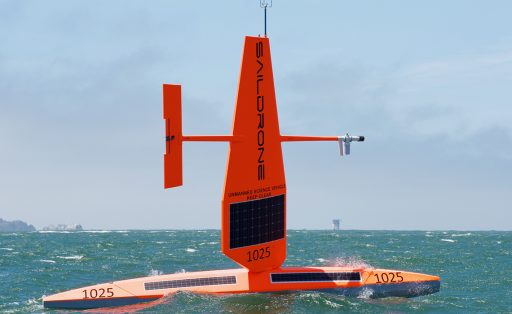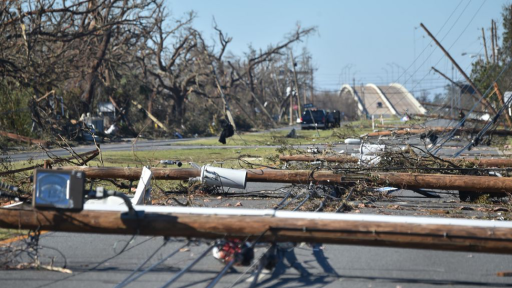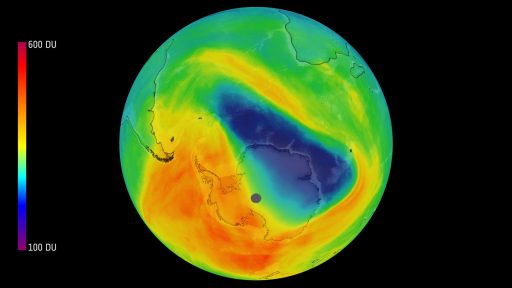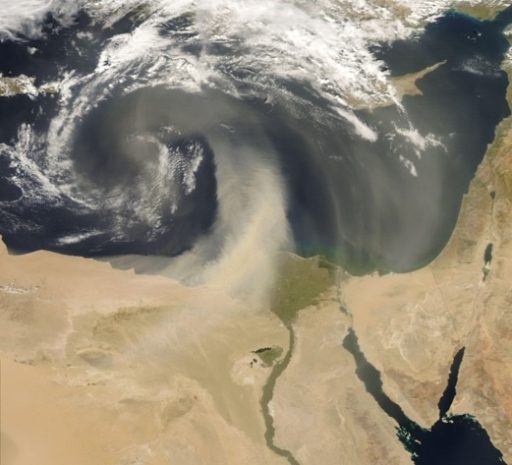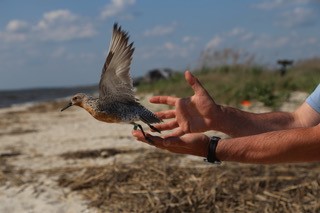Thanks to a new agreement between CENIC and the City of Alameda in Northern California, students will get to work with first-of-its-kind data captured from autonomous ocean vehicles studying everything from marine wildlife to climate models.
When Hurricane Michael came ashore at Mexico Beach, Florida on October 10, 2018, it knocked the Traffic and Criminal Software, a vital piece of law enforcement software, offline.
Harnessing the power of citizen science gives scientists the opportunity to gather more data than they ever could alone.
TLALOC-Net is a network of GPS and meteorological stations used to study the atmospheric and solid earth processes, allowing better analysis of the Mexican subduction zone.
For the first time, air pollution from individual cities and built-up areas can be detected from space. The European Sentinel-5 Precursor Earth observation satellite sends ultra precise measurement data to ground stations in Norway and Canada.
Frequent in arid regions, dust storms can have devastating effects. Powered by R&E connectivity, monitoring and simulations equip scientists to better predict them and assist authorities in issuing alerts to help people, particularly asthma sufferers, take protective action.
The Amazon region is one of the ecosystems on the planet most affected by global climate change. The reason is variations in the Ecuador line cause events like floods, droughts and storms that directly affect the environment and the local population.
Not many people could be described as a rainmaker quite as literally as Hannele Korhonen. Korhonen, a research professor at the Finnish Meteorological Institute, is heading a project that aims to improve artificial rainmaking in the United Arab Emirates.
To encourage national and international collaboration, the Motus web portal will make data summaries and visualizations of bird migration tracking data, captured by the small Motus radio transmitters affixed to individual birds, publicly available for education and citizen science purposes.


